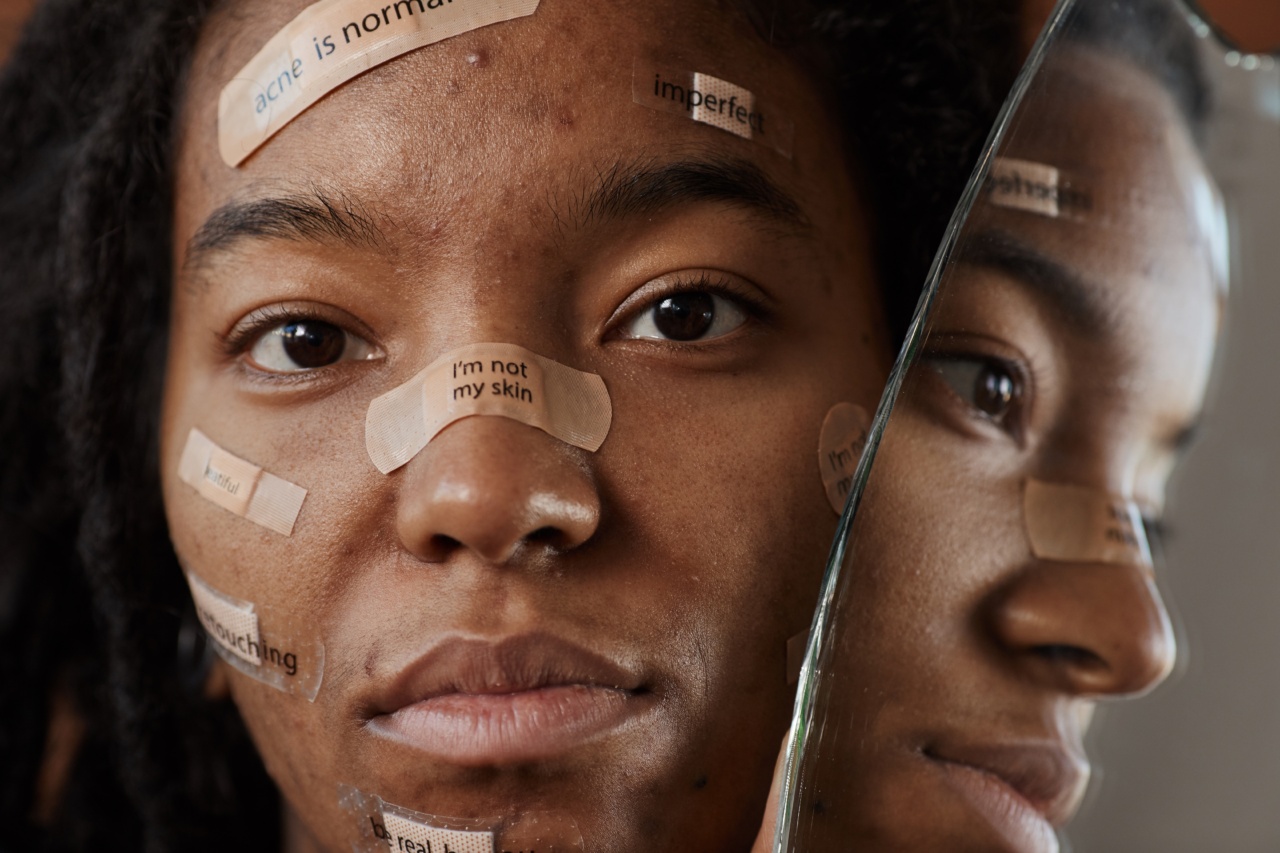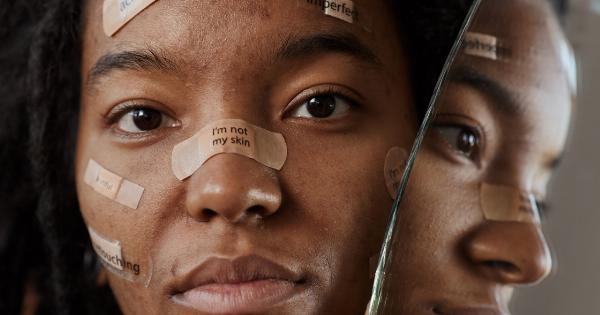Acne is often associated with teenage years, but it can also affect adults. Adult acne is a common skin condition that can be frustrating and emotionally distressing. In order to effectively treat adult acne, it is important to understand its causes.
Here are some of the main factors that contribute to adult acne:.
Hormonal Imbalances
Hormonal imbalances are a significant cause of adult acne. Fluctuations in hormone levels, particularly during puberty, menstruation, pregnancy, and menopause, can lead to the development of acne.
These hormonal changes can stimulate the production of excess oil in the skin, which clogs pores and promotes the growth of acne-causing bacteria.
Stress
Stress is a major factor that can trigger or worsen adult acne. When you experience stress, your body produces more cortisol, a stress hormone.
Elevated levels of cortisol can increase inflammation and stimulate the production of oil in the skin, leading to breakouts. Additionally, stress can disrupt the body’s natural balance of hormones, further exacerbating acne.
Dietary Factors
Your diet plays a role in the development of acne. Consuming high glycemic index foods, such as refined carbohydrates, sugary drinks, and processed snacks, can raise blood sugar levels and trigger acne.
Certain dairy products and foods high in saturated fats may also contribute to acne formation. It is important to maintain a balanced diet to help reduce the risk of adult acne.
Medications
Some medications can have a side effect of causing or worsening acne in adults. Certain medications, such as corticosteroids, androgens, lithium, and anticonvulsants, have been associated with acne breakouts.
If you suspect that your acne is caused by medication, consult your healthcare provider for alternative options or potential solutions to manage the condition.
Cosmetic Products
Using certain cosmetic products can clog pores and lead to the development of adult acne. Makeup, moisturizers, and other skincare products that are oil-based or contain pore-clogging ingredients can contribute to breakouts.
It is important to choose non-comedogenic or oil-free products labeled as “acne-safe” to minimize the risk of acne formation.
Genetics
Genetics also play a role in the development of adult acne. If your parents or close relatives have a history of acne, you have a higher likelihood of experiencing it yourself.
Genetic factors can influence the production of oil in the skin, the effectiveness of the immune system in fighting bacteria, and the body’s inflammatory response, all of which contribute to the formation of acne.
Environmental Factors
Environmental factors such as pollution and humidity can contribute to adult acne. Air pollution can increase the oxidative stress on the skin, leading to inflammation and acne.
Humidity can also create a more favorable environment for acne-causing bacteria to thrive. Protecting your skin from environmental pollutants and maintaining good hygiene can help reduce the risk of acne.
Overactive Oil Glands
In some cases, adult acne may be caused by overactive oil glands in the skin. The sebaceous glands produce sebum, an oily substance that helps moisturize the skin.
However, when these glands produce excessive amounts of sebum, it can clog pores and lead to acne formation. Hormonal imbalances, genetic factors, and certain medications can contribute to the overactivity of oil glands.
Menstrual Cycle
For women, fluctuations in hormone levels during the menstrual cycle can trigger or worsen adult acne.
The increase in progesterone levels during the luteal phase of the cycle can stimulate the production of sebum, leading to clogged pores and breakouts. Managing hormonal changes through lifestyle modifications or medical interventions may help reduce the impact of the menstrual cycle on acne.
Smoking
Smoking cigarettes has been linked to the development of adult acne. Smoking can alter hormone levels in the body and decrease blood flow to the skin, impairing its ability to heal and fight off acne-causing bacteria.
The chemicals present in cigarettes can also contribute to inflammation and acne formation. Quitting smoking can have beneficial effects on the skin’s health.




























